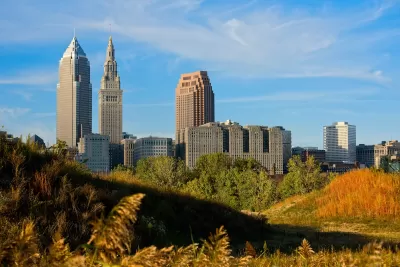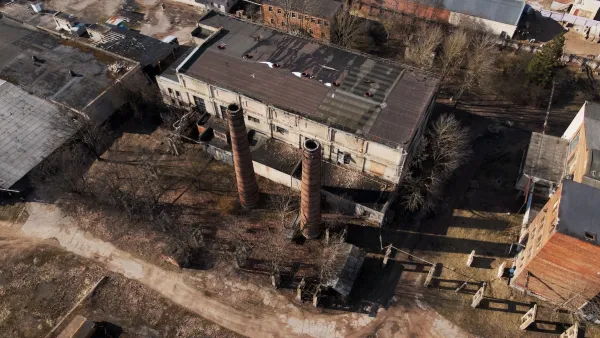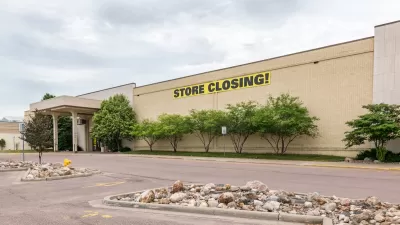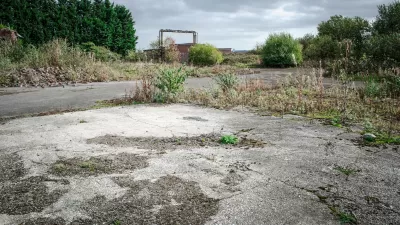This investment in brownfield remediation will clean up hazardous sites, foster economic development, and create jobs through 61 new projects across 33 counties.

Ohio Governor Mike DeWine recently announced $58.2 million in funding for 61 new brownfield remediation projects across 33 counties as part of the Ohio Brownfield Remediation Program. This initiative, launched in 2021 under the DeWine-Husted Administration, aims to clean up hazardous brownfield sites and redevelop them for economic and community revitalization. The latest awards include $55.9 million for cleanup/remediation efforts and $2.4 million for site assessments, contributing to the program's total funding of over $560 million across 86 counties.
The program targets industrial, commercial, and institutional properties that are abandoned or underutilized due to contamination from hazardous substances or petroleum. Examples of awarded projects include the Old River Road Assemblage in Cuyahoga County, which will transform historic maritime-era structures into residential and retail spaces, and the Battery Park Marina in Erie County, which will support a large mixed-use development with residential, hotel, and recreational areas. Other projects, such as Hamilton County’s 4th & Walnut Center and Ross County’s Transit Parcel, will promote economic growth through mixed-use developments and workforce housing initiatives.
Funded through Ohio's General Assembly and the Ohio BUILDS Initiative, the program underscores the state’s commitment to addressing environmental challenges while driving economic development. By cleaning up these sites, the initiative improves public health, attracts new businesses, and creates jobs. The diverse projects funded under this round highlight the program’s potential to restore neighborhoods and strengthen local economies statewide.
FULL STORY: Governor DeWine Announces 61 New Brownfield Remediation Projects

Planetizen Federal Action Tracker
A weekly monitor of how Trump’s orders and actions are impacting planners and planning in America.

Congressman Proposes Bill to Rename DC Metro “Trump Train”
The Make Autorail Great Again Act would withhold federal funding to the system until the Washington Metropolitan Area Transit Authority (WMATA), rebrands as the Washington Metropolitan Authority for Greater Access (WMAGA).

The Simple Legislative Tool Transforming Vacant Downtowns
In California, Michigan and Georgia, an easy win is bringing dollars — and delight — back to city centers.

The States Losing Rural Delivery Rooms at an Alarming Pace
In some states, as few as 9% of rural hospitals still deliver babies. As a result, rising pre-term births, no adequate pre-term care and harrowing close calls are a growing reality.

The Small South Asian Republic Going all in on EVs
Thanks to one simple policy change less than five years ago, 65% of new cars in this Himalayan country are now electric.

DC Backpedals on Bike Lane Protection, Swaps Barriers for Paint
Citing aesthetic concerns, the city is removing the concrete barriers and flexposts that once separated Arizona Avenue cyclists from motor vehicles.
Urban Design for Planners 1: Software Tools
This six-course series explores essential urban design concepts using open source software and equips planners with the tools they need to participate fully in the urban design process.
Planning for Universal Design
Learn the tools for implementing Universal Design in planning regulations.
Smith Gee Studio
City of Charlotte
City of Camden Redevelopment Agency
City of Astoria
Transportation Research & Education Center (TREC) at Portland State University
US High Speed Rail Association
City of Camden Redevelopment Agency
Municipality of Princeton (NJ)





























